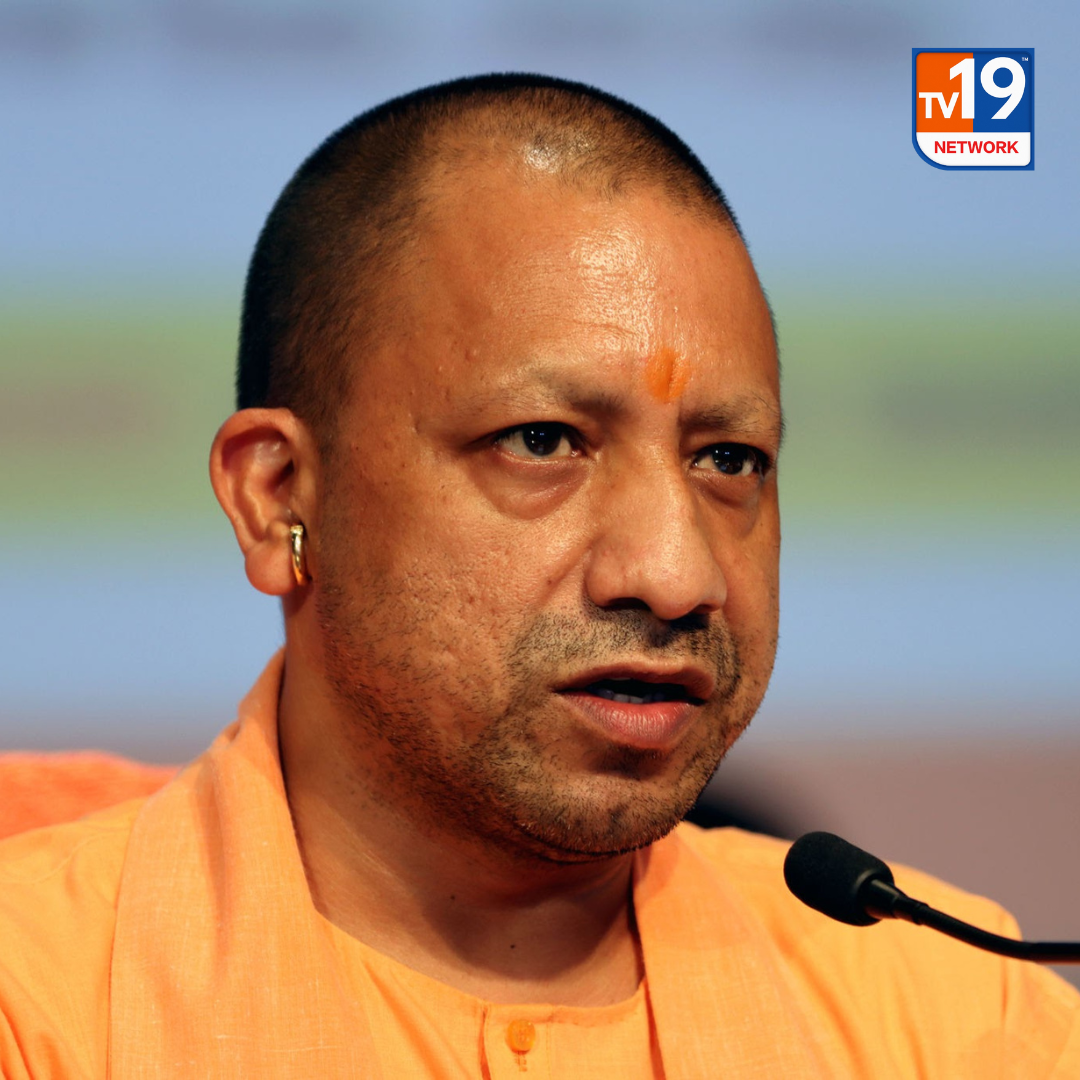Former Indian Prime Minister Manmohan Singh Passes Away at 92
New Delhi- Former Indian Prime Minister Dr. Manmohan Singh died on December 26, 2024, at 92. He was undergoing treatment for age-related health issues at the All-India Institute of Medical Sciences (AIIMS) in New Delhi, where he was pronounced dead.
Born on September 26, 1932, in Gah, Punjab Province (now in Pakistan), Dr. Singh was a distinguished economist and the first Sikh to hold the office of Prime Minister in India. He earned his doctorate in economics from Oxford University and held significant positions, including Governor of the Reserve Bank of India and Finance Minister. As Finance Minister from 1991 to 1996, he was instrumental in implementing economic reforms that liberalized India's economy, steering the country towards substantial growth.
In 2004, Dr. Singh became the 13th Prime Minister of India, leading the nation through a decade marked by economic expansion and significant policy initiatives, such as the landmark civil nuclear agreement with the United States in 2008. His tenure also saw the enactment of the Right to Information Act and various social welfare programs aimed at alleviating poverty.
Despite his administration's achievements, his tenure was marred by allegations of corruption within his party, although his integrity remained largely unquestioned. After retiring from active politics earlier this year, Dr. Singh's passing marks the end of a significant era in India's political and economic history.
Condolences have poured in from leaders across the political spectrum. Prime Minister Narendra Modi described Dr. Singh as one of India's most distinguished leaders, noting his strong imprint on the country's economic policies. Rahul Gandhi, a senior member of the Congress party, referred to him as a mentor and guide whose humility and deep understanding of economics inspired the nation.
Dr. Singh is survived by his wife and three daughters. His legacy as an architect of modern India's economic landscape and a proponent of transparency and social welfare continues to influence the nation's development trajectory.





